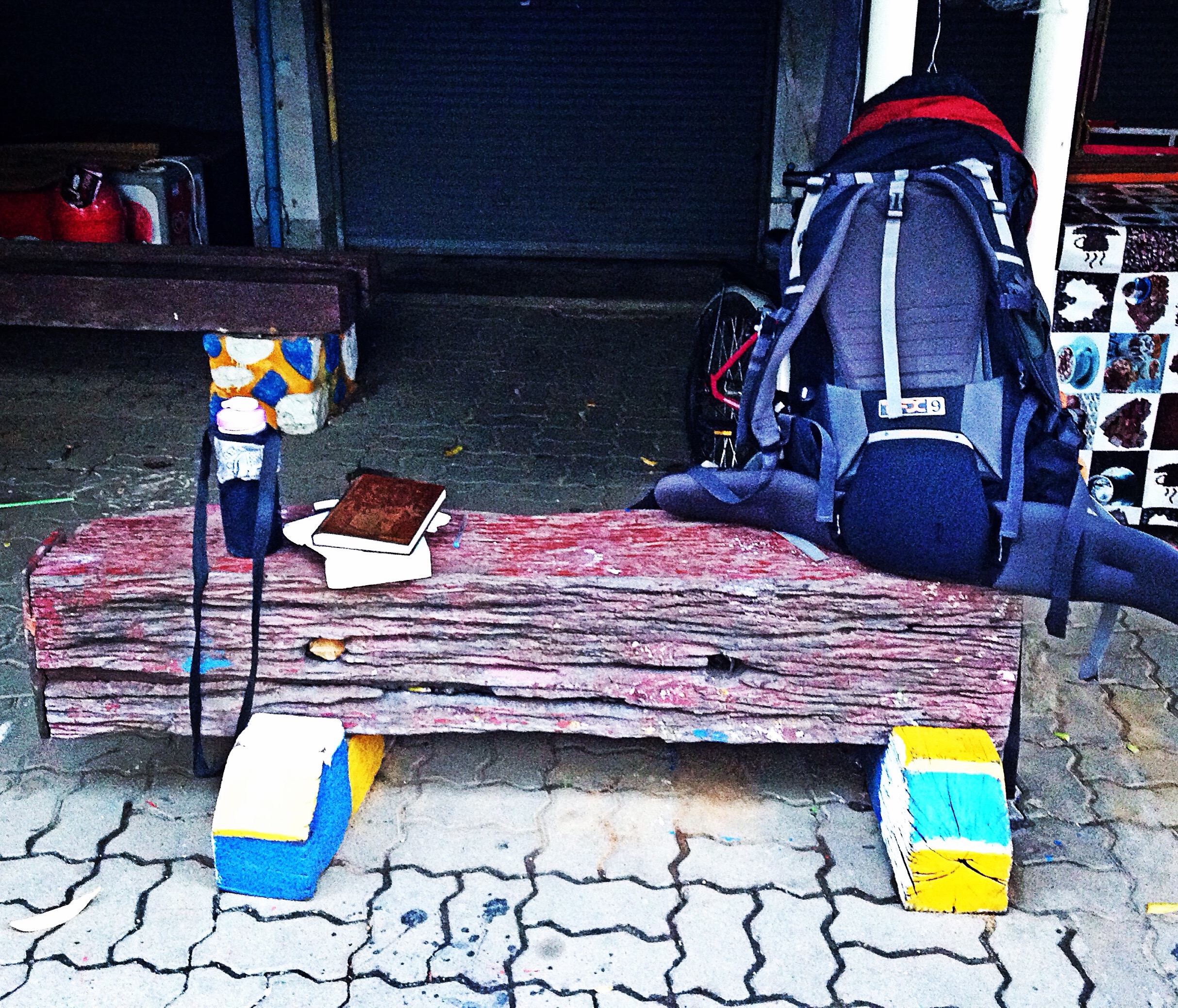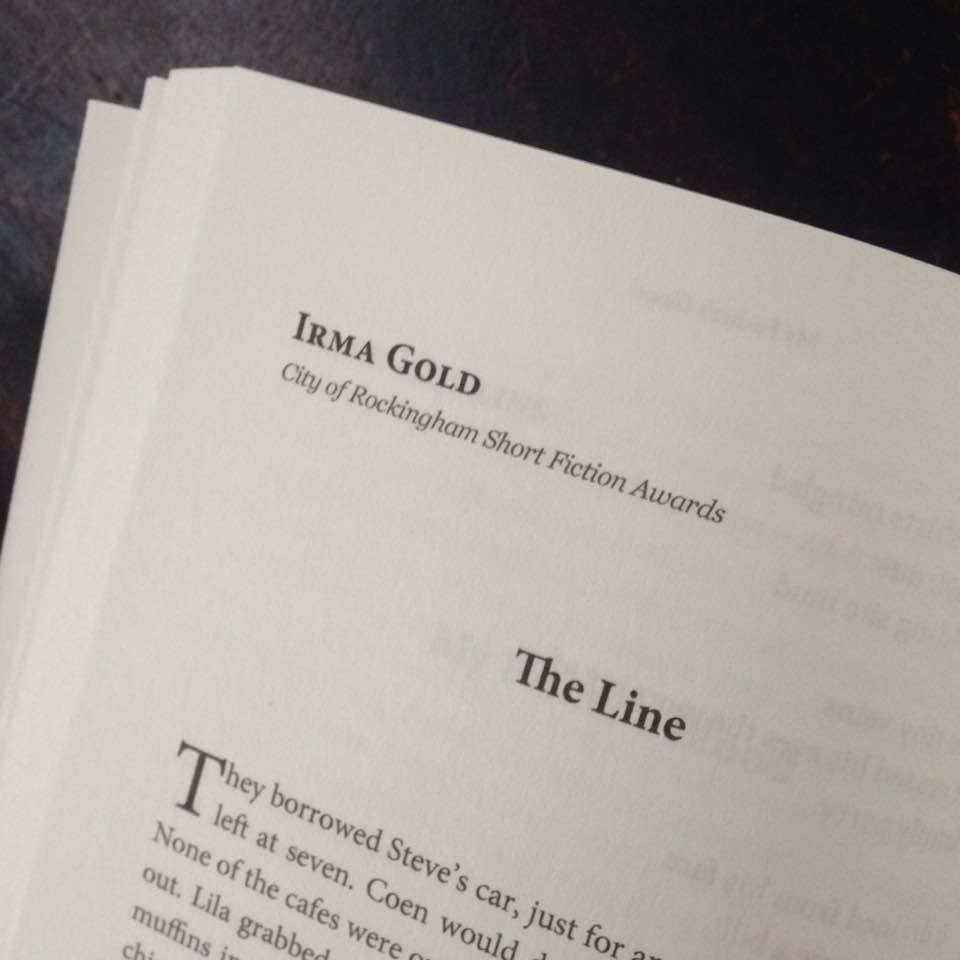It’s a collaboration
Last weekend I presented at SCWBI’s Level Up conference on the collaborative process of editing a manuscript, and how the author–editor relationship should ideally work. I thought it might be useful to share an abbreviated version of the section on how to get the most out of the experience, because if you’ve never worked with an editor before it can feel like a daunting process. Every writer is deeply attached to their work, so turning a manuscript over to an editor can feel like having your soul laid bare, and critiqued.
Read More »It’s a collaboration
 It’s important to remember that editors are ordinary people who love books. An editor’s job is to make the writer look good. They have nothing to personally gain, other than the satisfaction of knowing that they helped you make your book better.
It’s important to remember that editors are ordinary people who love books. An editor’s job is to make the writer look good. They have nothing to personally gain, other than the satisfaction of knowing that they helped you make your book better.
In order for the editorial process to run smoothly, it’s important to develop a good working relationship with your editor that is based on mutual trust and respect. So here are my top tips for how to create a strong partnership.
- Let go of your ego
The truth is nobody really enjoys being critiqued. We all secretly want to be told that we’re a genius and the work needs absolutely nothing done to it. But even the most experienced writers benefit from a close edit. A good editor will provide honest, constructive feedback designed to improve your book. Anyone who believes they don’t need an editor is letting their ego get in the way of commonsense.



